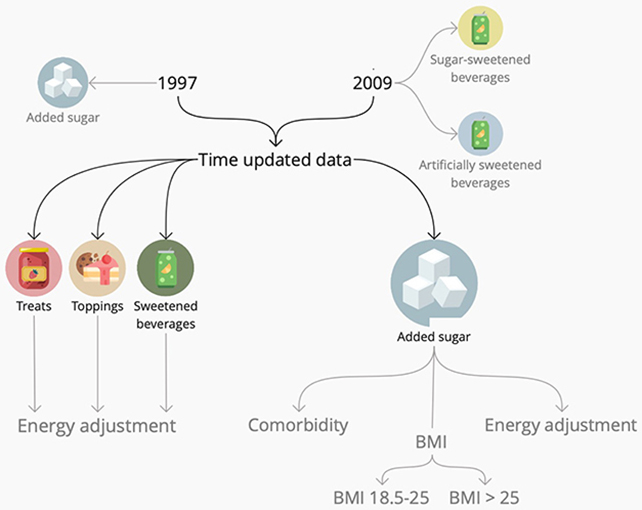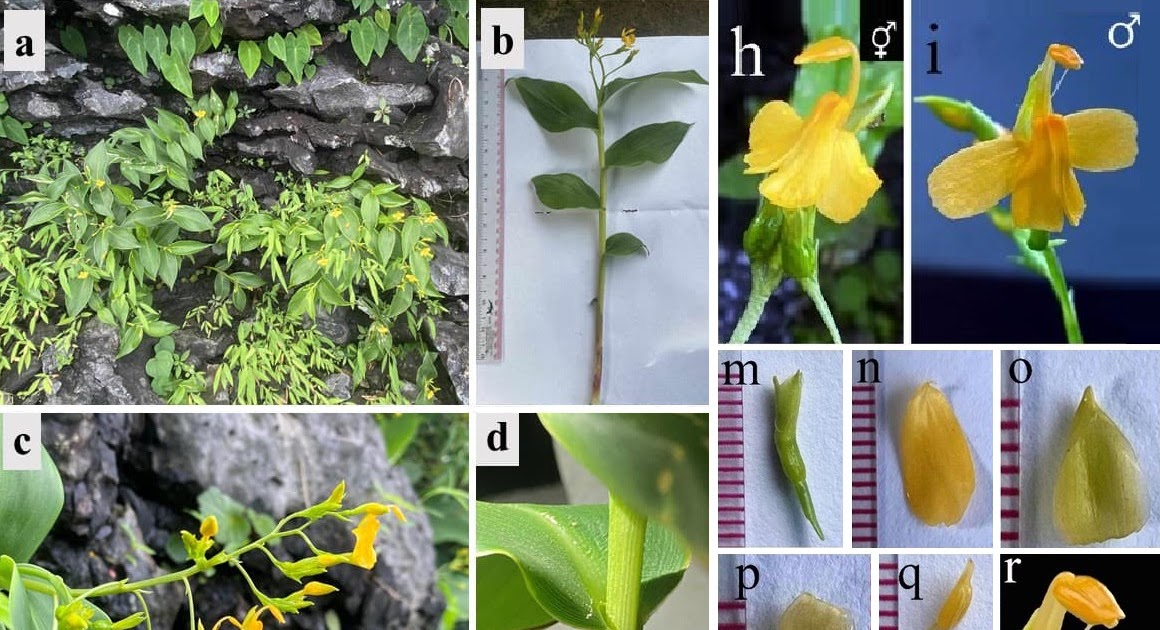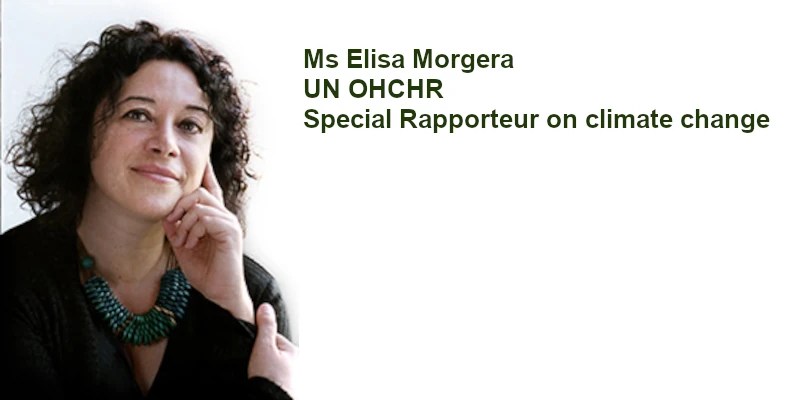It’s probably not surprising that a new study has linked added sugar consumption to an increased risk of heart disease, but a less expected discovery is that those who have an occasional sweet treat appear to be at a reduced risk of cardiovascular problems.
Eating a pastry, cake, or chocolate bar every so often may be better for your heart than a ‘zero-sugar’ diet, according to the research team from Lund University in Sweden. However, this relationship doesn’t hold for other types of sugar consumption, like fizzy drinks or sweet toppings.
“The most striking finding from our study is the divergent relationship between different sources of added sugar and cardiovascular disease risk,” says epidemiologist Suzanne Janzi.

“This surprising contrast highlights the importance of considering not just the amount of sugar consumed, but its source and context.”
The researchers looked at records of 69,705 people in Swedish public health databases. The participants, aged between 45 and 83, were quizzed on their diet and lifestyle in 1997 and 2009, then tracked up to 2019.
Sugar intake was grouped into three categories: sugary toppings (like honey), sweet treats (like pastries and sweets), and sweetened beverages (like fizzy drinks).
Type of added sugar consumed was then cross-referenced against seven types of cardiovascular diseases, including strokes and heart attacks, with several other risk factors (such as smoking) accounted for.
The associations varied between sugar type and heart disease type; for example, sweet toppings were linked to an increased risk of an abdominal aortic aneurysm (bulges in blood vessels). Overall though, the lowest risks across all cardiovascular diseases were found in those who limited themselves to a sweet treat every now and again.
There’s a lot to consider when it comes to the different ways in which we get our sugar: what other foods and drinks we have with the sugar, for example, as well as how regularly we include added sugar in our diet.
“Liquid sugars, found in sweetened beverages, typically provide less satiety than solid forms – they make you feel less full – potentially leading to overconsumption,” says Janzi.
“Context also matters – treats are often enjoyed in social settings or special occasions, while sweetened beverages might be consumed more regularly.”
Bear in mind that these findings hint at relationships, rather than proving cause and effect. They also don’t factor in other health consequences – like damage to teeth for example – and need to be taken in context with what we already know about sugar.
The researchers suggest future studies could look in more detail at associations between sugar, heart disease, and obesity, for example.
Cultural factors also need to be considered: in Sweden, where these study participants were from, there’s a well-established custom of getting together for coffee and pastry breaks known as ‘fika’, which may have some bearing on the results.
Studies on how loneliness and stress impact our health indicate there’s potential heart benefits to this tradition – regular social interaction and taking time to relax.
“While our observational study cannot establish causation, these findings suggest that extremely low sugar intake may not be necessary or beneficial for cardiovascular health,” says Janzi.
The research has been published in Frontiers in Public Health.







Leave a Comment